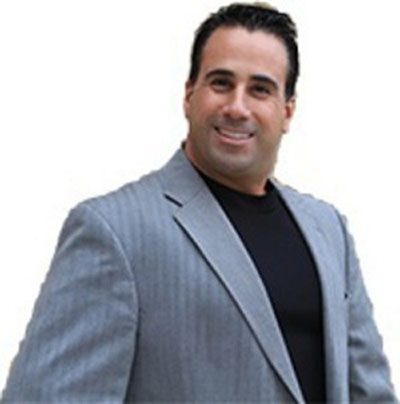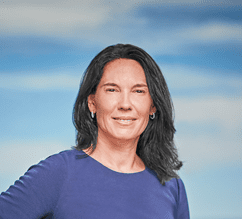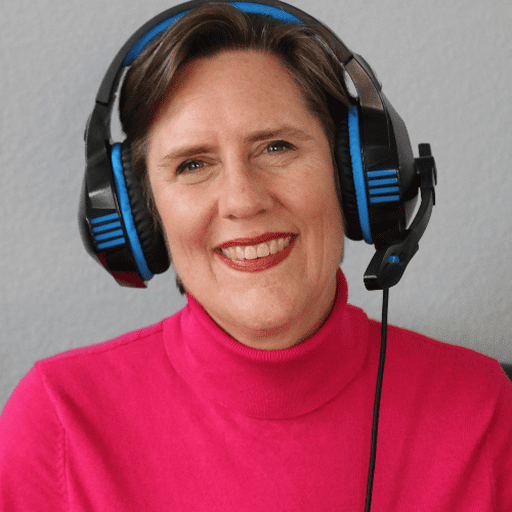Passivity Never Changed the World
Whenever people discuss potential calamitous events of the future – like destruction of the planet due to global warming or an intentional or inadvertent nuclear event or the total collapse of the Social Security System or robots who start controlling humans rather than the other way around, you will often get at least one person who utters a sentence along the lines of, “At least I won’t be around to see it”.
That’s a particularly troublesome statement to me – not just because some people will live considerably longer than the average lifespan, and they may actually be around to see it – but because that type of thinking removes the person from having any role in solving the problem.
Rather than thinking that, “I won’t be around to see the calamity,” wouldn’t it make more sense to do all that we can to increase the odds that nobody among the present and future generations will have to fear the worst because we have committed ourselves to doing the work to ensure that the future will be safer and more positive?
Commitment to finding solutions requires a positive and active mindset, and the belief that change is possible, even if the outlook is negative. A critical component of this type of thinking is that we don’t absolve ourselves from our obligations to make the world better – both for ourselves and for future generations. Passivity is clearly not the answer.
Obviously, none of us can be very actively involved in every activity that can impact upon the future, but all of us can be involved in at least one. There are so many ways of being involved from Volunteering for an organization that works in the area of a particular passion of ours to supporting it financially to letting family and friends know about the importance of the cause that you support and letting them know why the cause is so important.
There is a well-documented body of research demonstrating that doing good for others provides considerable emotional benefit for the person who is doing the good deed, while those who are being helped are also obviously benefitted. Think how good you will feel when you choose to get actively involved in something that will benefit the world and the future generations who will occupy it.























